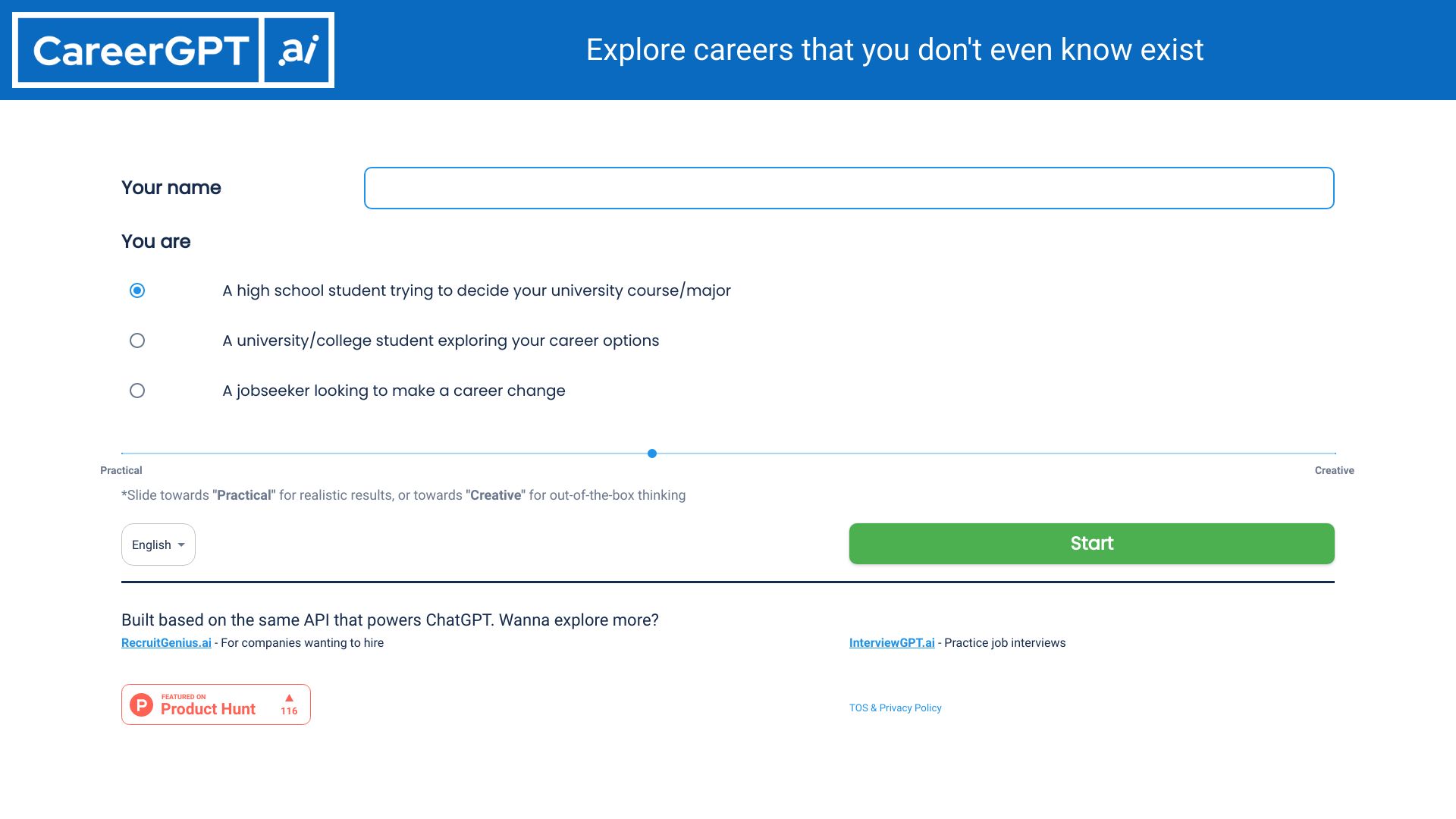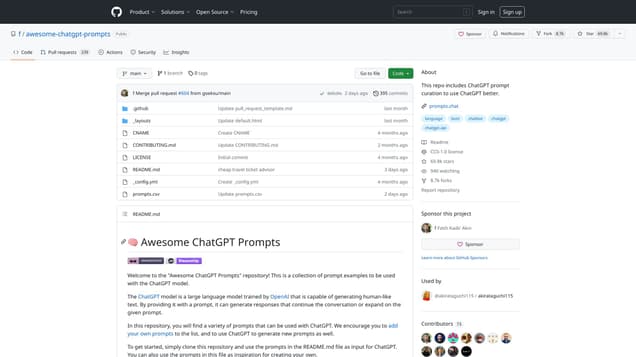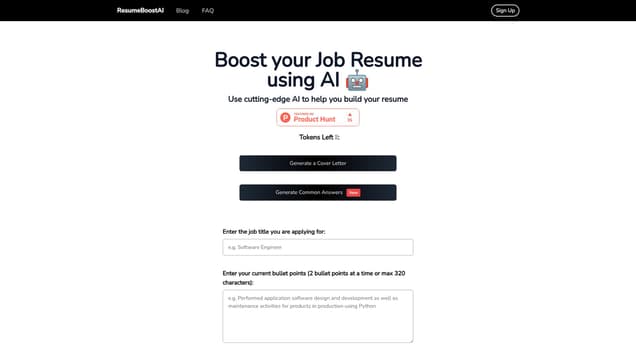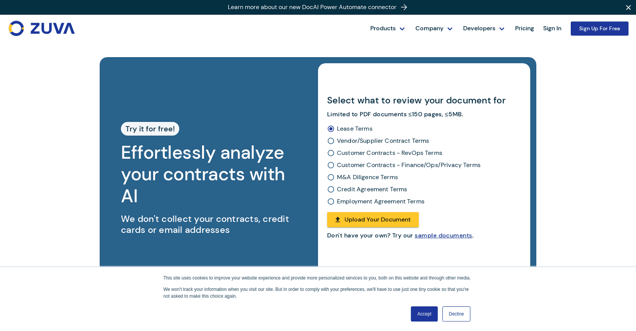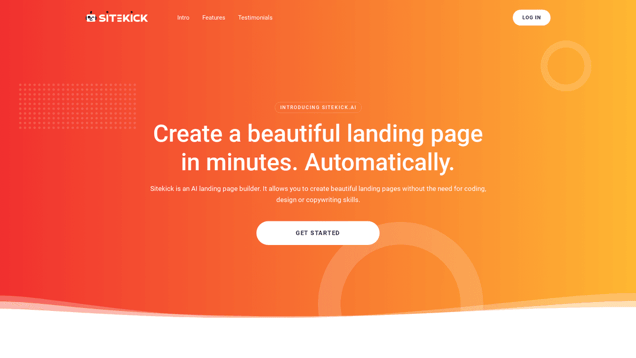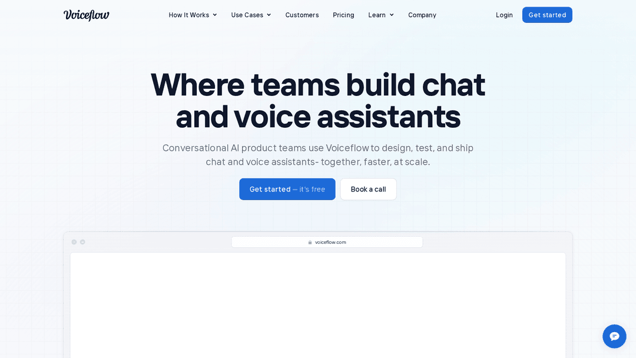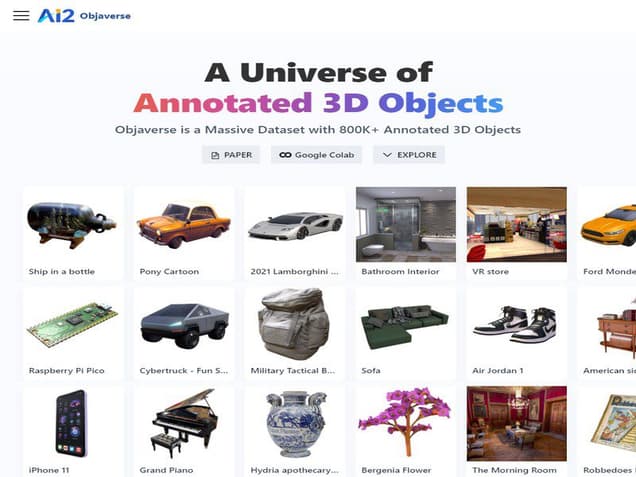
What is Objaverse?
Objaverse is an AI-powered platform developed by the Allen Institute for Artificial Intelligence, specifically designed to support research on natural language processing and machine learning. This platform offers users a comprehensive and powerful set of tools and resources to explore and analyze text data effectively. With Objaverse, researchers can easily identify patterns, trends, and valuable insights from large datasets. It also provides features like text classification, entity extraction, and sentiment analysis, enabling researchers to gain a deeper understanding of their data. Moreover, Objaverse offers a variety of visualization tools and dashboards that assist users in interpreting their data and presenting their findings. With its user-friendly interface and robust features, Objaverse is the ideal solution for researchers working in the fields of natural language processing and machine learning.
Information
- Price
- Free
Freework.ai Spotlight
Display Your Achievement: Get Our Custom-Made Badge to Highlight Your Success on Your Website and Attract More Visitors to Your Solution.
Website traffic
- Monthly visits16.89K
- Avg visit duration00:02:10
- Bounce rate43.64%
- Unique users--
- Total pages views55.04K
Access Top 5 countries
Traffic source
Objaverse FQA
- What is Objaverse 1.0?

- Where can I find the documentation for Objaverse?

- Is Objaverse-XL compatible with Blender?

- What is the size comparison between Objaverse-XL and Objaverse 1.0?

- What can be done with Zero123-XL?

Objaverse Use Cases
Objaverse-XL is a universe of 10M+ 3D objects
Objaverse-XL is 12x larger than Objaverse 1.0 and 100x larger than all other 3D datasets combined
Using Objaverse-XL, we train Zero123-XL, a foundation model for 3D with incredible 3D generation abilities
Using Zero123-XL, we can perform single image to 3D generation using Dreamfusion
Each Objaverse-XL object can be rendered and imported into Blender
Objaverse-XL is openly available and hosted on Hugging Face
Objaverse-XL is a collaboration between researchers at various institutions, including the Allen Institute for AI, University of Washington, Columbia University, Stability AI, LAION, and Caltech
